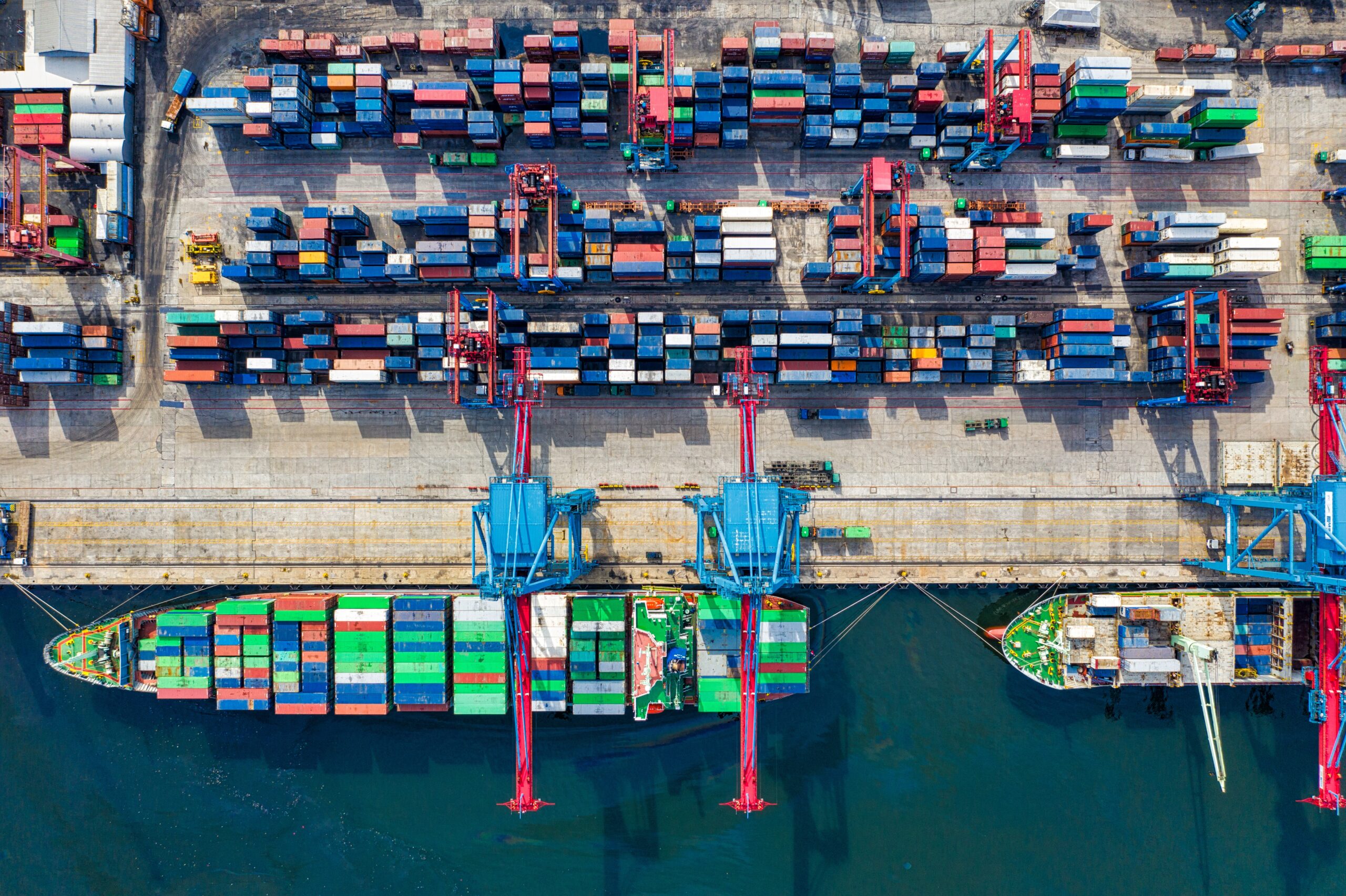According to Ukrainian rules of procedure, Ukrainian courts would have jurisdiction to recognise and enforce a foreign arbitral award in Ukraine if the award debtor has either a legal presence or assets in Ukraine. That is, a foreign arbitral award against a non-Ukrainian party can be enforced by Ukrainian courts only if the award debtor has assets in Ukraine.
Yet successfully establishing the Ukrainian courts’ jurisdiction to recognise and enforce a foreign arbitral award solely on the “assets” basis may at times prove a tedious exercise. One of the obstacles faced by award creditors is that Ukrainian courts historically were not entirely consistent in their approach as to what qualifies as an “asset” in this context and what connection such an asset must have with Ukraine to justify the jurisdiction of a Ukrainian court to recognise and enforce a foreign award.
Recently, Ukraine’s Supreme Court encountered this issue in the context of enforcement of an award based on the presence of a marine vessel owned by a non-Ukrainian debtor at Ukrainian seaport.
The case involved a Maltese company seeking to recover debt awarded under an LMAA arbitral award from a Nevis company that had no legal presence in Ukraine. The creditor sought to establish the jurisdiction of Ukrainian court to enforce the award by arguing that the debtor’s assets were located in Ukraine referring to a marine vessel owned by the debtor that was temporarily stationed at one of Ukrainian seaports.
However, the first instance court was not convinced by the award creditor’s arguments as to the court’s jurisdiction and refused to consider the application for recognition & enforcement of the award. Unfortunately, the court offered rather scarce reasoning for its decision. The court only noted that the debtor’s vessel was not a “sufficient” asset for the purpose of recognition & enforcement of the award in Ukraine and stated that the vessel at question had no “inseparable connection” with Ukraine, because it was only temporarily stationed at Ukrainian seaport.
It appears that the first instance court strangely believed that the requirement of “inseparable connection” was implicit in the respective rules of procedure governing recognition and enforcement of foreign arbitral awards in Ukraine, since those rules do not contain any express requirement as to “inseparability” of assets with Ukraine.
However, on appeal, the Supreme Court disagreed with the lower court’s interpretation. The Supreme Court opined that the “volume” of a foreign debtor’s assets in Ukraine per se did not matter for the purpose of recognition & enforcement of arbitral awards against such debtor in Ukraine.
Further, the Supreme Court accepted the creditor’s arguments that the temporary presence of the debtor’s vessel at Ukrainian seaport could vest Ukrainian courts with the jurisdiction to recognise & enforce the award against such debtor. Curiously, the Supreme Court did not expressly address the lower court’s argument as to the alleged requirement of “inseparable connection” between debtor’s assets and Ukraine. Instead, the court merely observed that the debtor must have a “sufficient connection” with Ukraine.
Eventually, despite agreeing with the creditor’s arguments as to the jurisdiction of Ukrainian courts in principle, the Supreme Court did not find convincing evidence in the record confirming that the vessel in question was indeed stationed at a Ukrainian seaport and ultimately decided that Ukrainian courts did not have jurisdiction in this particular case.1
The approach taken by the Supreme Court in the above case may serve as a ground for moderate hope that the process of enforcement of foreign arbitral awards against non-resident debtors in Ukraine will become more predictable in the future. Still, the key to success in enforcement actions against foreign debtors in Ukraine would be the timely tracing of the debtor’s assets, collecting sufficient evidence about the temporary location of such assets in Ukraine, and securing appropriate injunctive relief with respect to such assets.
1 The Supreme Court’s approach to the evidentiary aspects of this case might also be of interest, however it would require a separate comprehensive discussion.
